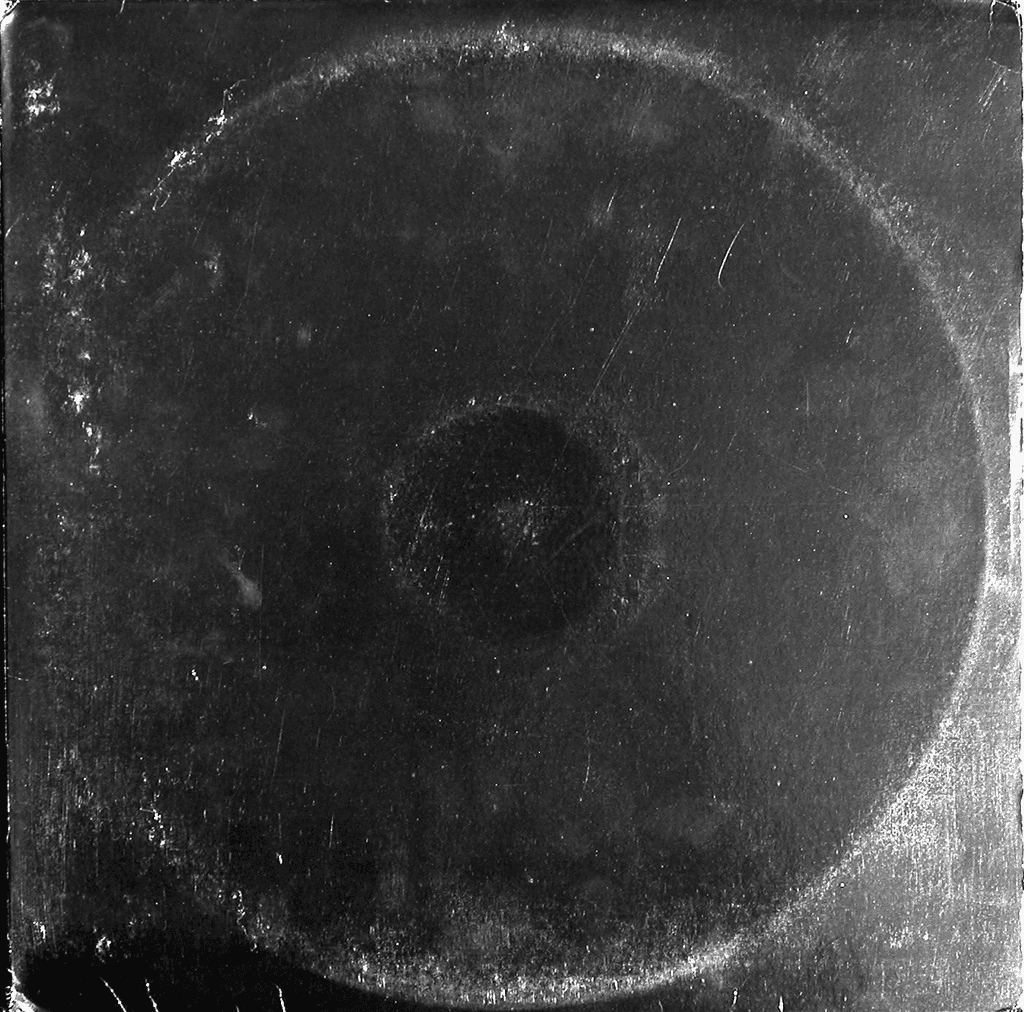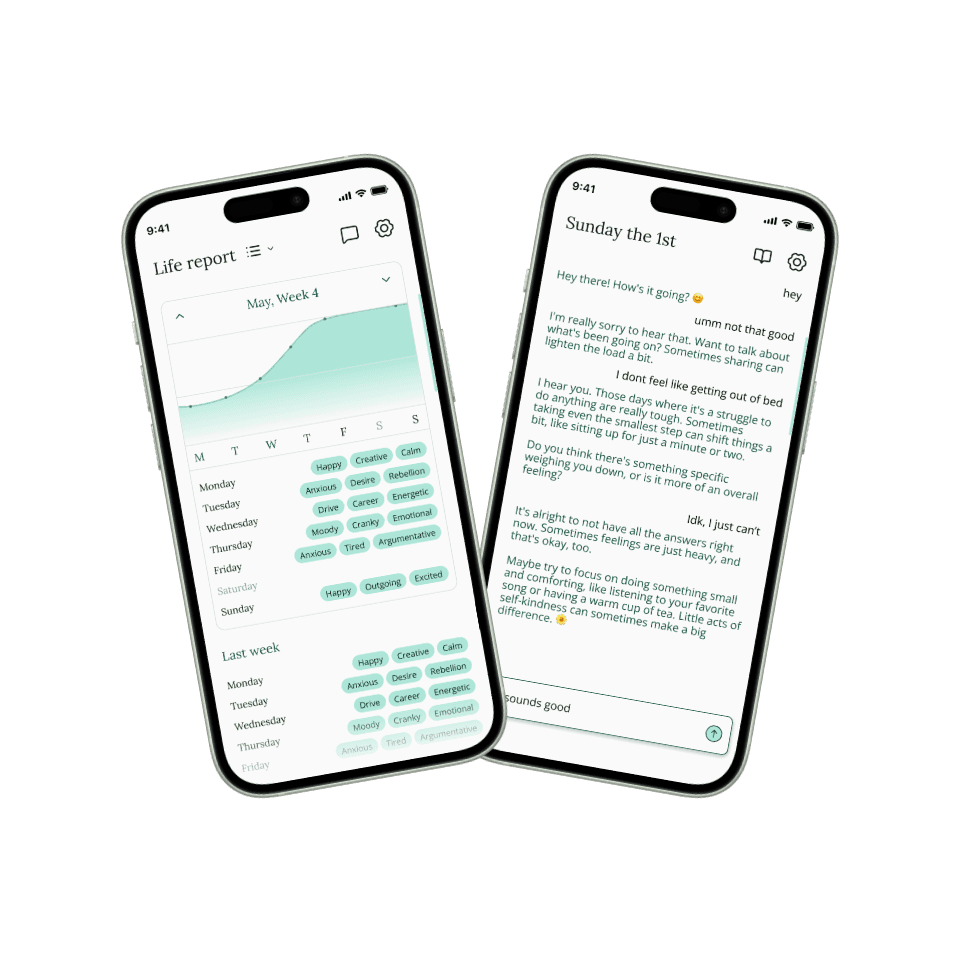
Navigating Post-Therapy Emotions: Essential Self-Care Strategies
Navigating Post-Therapy Emotions: Essential Self-Care Strategies
Sep 9, 2024
Sep 9, 2024
Therapy sessions can be emotionally intense, leaving you with a mix of feelings afterwards. While many find therapy uplifting, it's not uncommon to feel drained or even low after a session. Here are key strategies to help you process your emotions and take care of yourself post-therapy.
1. Acknowledge Your Feelings
It's normal to feel emotionally vulnerable after therapy. You might experience sadness, fatigue, or even temporary worsening of symptoms. Recognize that these feelings are part of the healing process and don't judge yourself for having them.
2. Allow Time for Reflection
Give yourself space to process the session. Find a quiet spot to sit and reflect on key points discussed. Consider journaling to help solidify insights and track your progress over time.
3. Practice Self-Compassion
Be kind to yourself, especially if you're feeling low. Remind yourself that working through difficult emotions is challenging but valuable work. Use positive self-talk and treat yourself with the same compassion you'd offer a friend.
4. Engage in Gentle Self-Care
Choose calming activities that make you feel nurtured. This could be taking a warm bath, reading a favorite book, or preparing a comforting meal. Avoid making major decisions or engaging in stressful activities immediately after therapy.
5. Connect with Support
If you're feeling particularly low, reach out to trusted friends or family members. Sometimes, talking through your therapy experience with a supportive person can provide comfort and new perspectives.
6. Use Coping Strategies
Apply coping techniques learned in therapy to manage any difficult emotions. This might include deep breathing exercises, mindfulness practices, or grounding techniques.
Remember, feeling low after therapy doesn't mean the session wasn't productive. Often, it's a sign that you're processing important emotions and doing valuable work. If persistent negative feelings occur after sessions, discuss this with your therapist. They can help you develop strategies to manage post-therapy emotions more effectively.
By implementing these post-therapy strategies, you can navigate the emotional aftermath of your sessions more smoothly and continue your healing journey with self-compassion and care.
Therapy sessions can be emotionally intense, leaving you with a mix of feelings afterwards. While many find therapy uplifting, it's not uncommon to feel drained or even low after a session. Here are key strategies to help you process your emotions and take care of yourself post-therapy.
1. Acknowledge Your Feelings
It's normal to feel emotionally vulnerable after therapy. You might experience sadness, fatigue, or even temporary worsening of symptoms. Recognize that these feelings are part of the healing process and don't judge yourself for having them.
2. Allow Time for Reflection
Give yourself space to process the session. Find a quiet spot to sit and reflect on key points discussed. Consider journaling to help solidify insights and track your progress over time.
3. Practice Self-Compassion
Be kind to yourself, especially if you're feeling low. Remind yourself that working through difficult emotions is challenging but valuable work. Use positive self-talk and treat yourself with the same compassion you'd offer a friend.
4. Engage in Gentle Self-Care
Choose calming activities that make you feel nurtured. This could be taking a warm bath, reading a favorite book, or preparing a comforting meal. Avoid making major decisions or engaging in stressful activities immediately after therapy.
5. Connect with Support
If you're feeling particularly low, reach out to trusted friends or family members. Sometimes, talking through your therapy experience with a supportive person can provide comfort and new perspectives.
6. Use Coping Strategies
Apply coping techniques learned in therapy to manage any difficult emotions. This might include deep breathing exercises, mindfulness practices, or grounding techniques.
Remember, feeling low after therapy doesn't mean the session wasn't productive. Often, it's a sign that you're processing important emotions and doing valuable work. If persistent negative feelings occur after sessions, discuss this with your therapist. They can help you develop strategies to manage post-therapy emotions more effectively.
By implementing these post-therapy strategies, you can navigate the emotional aftermath of your sessions more smoothly and continue your healing journey with self-compassion and care.
View more insightful blog articles
Today's tune



Track your mental health and get support between sessions with Verba
Learn more

Track your mental health and get support between sessions with Verba
Learn more

Track your mental health and get support between sessions with Verba
Learn more

Advait Naik
Advait is the founder of Verba and is working at the intersection of psychology, design and technology to create Verba, an app that helps us be more self aware through clarity and communicate our life in therapy